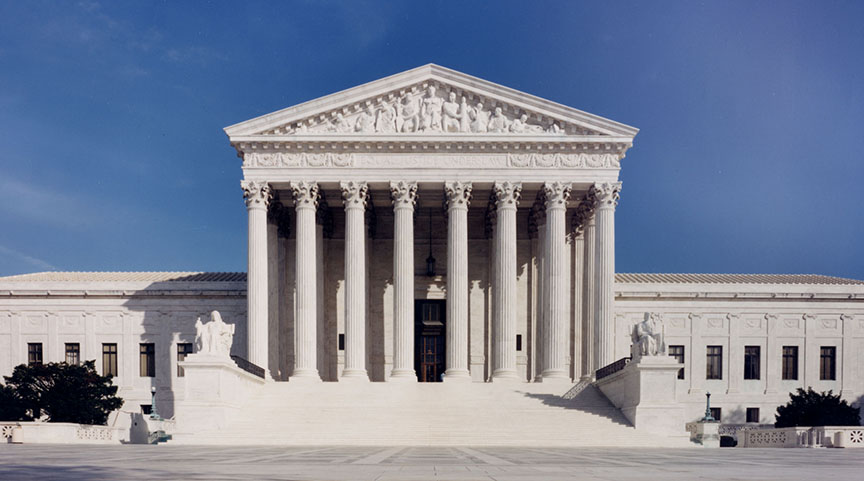Home » Battleground Wisconsin » BG WI Newsletter » GOP lawmakers ask U.S. Supreme Court to stay Wisconsin justices’ redistricting decision

GOP lawmakers are asking the U.S. Supreme Court to stay a ruling by Wisconsin's justices to put Gov. Tony Evers' legislative and congressional maps in place for the 2022 elections. And they want the nation's highest court to order this fall's elections to be held using the lines they drew -- and Evers vetoed -- as the merits of the case are debated. Monday's filing came as Republicans sought to ov...